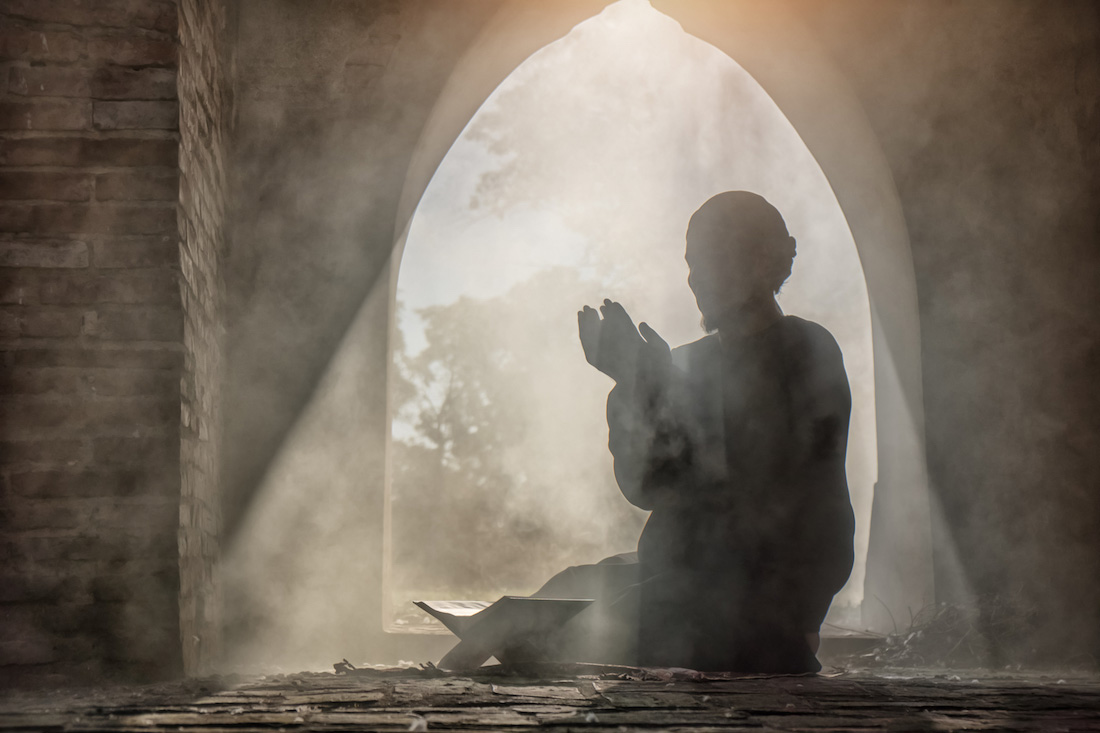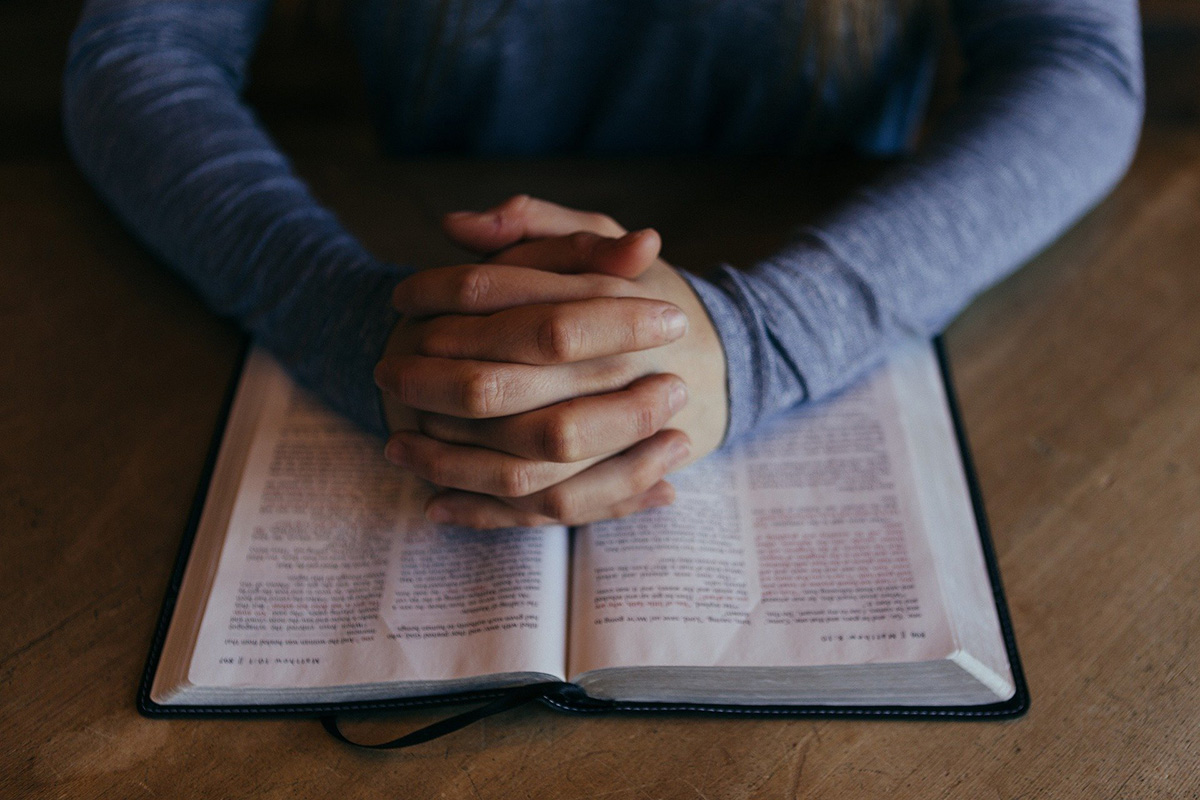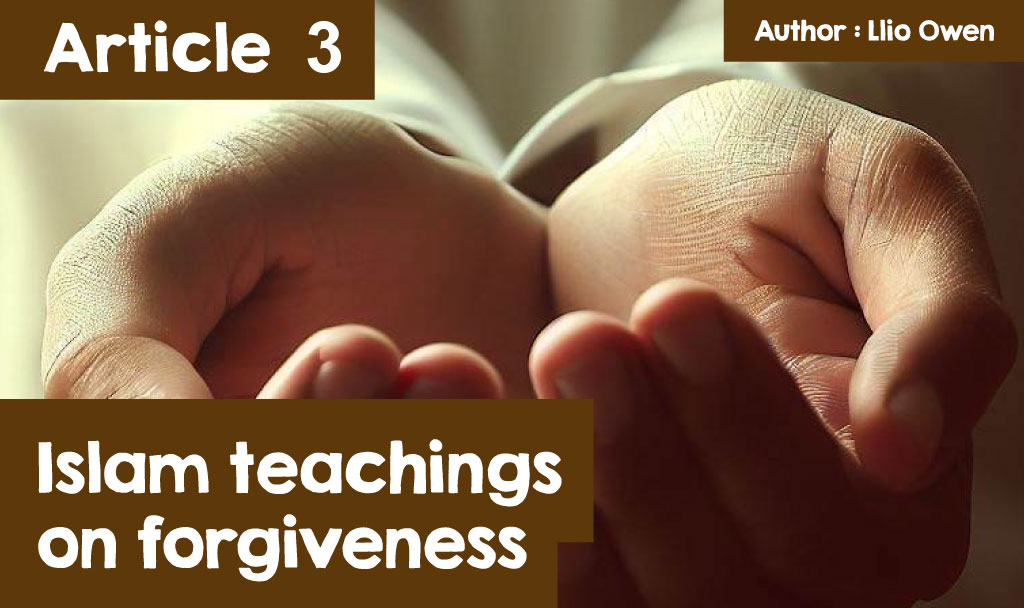Islam and forgiveness
Forgiveness can be defined as an intentional decision to letting go of anger and resentment due to a conflict with another person, for example if your friend lied to you, you can forgive that friend to make amends. The act that hurt you may always be with you, but working on forgiving others can lessen its grip on you, and may even lead to feelings of understanding, empathy and compassion for the one who hurt you. However, forgiveness does not mean excusing the harm, or making up with the person who hurt you; Forgiveness can be personal to bring a kind of peace that allows you to focus on yourself and helps you go on with life.
In recent history, the image of Islam has often been distorted by the media, painting a religion of violence, extremism and fundamentalism; a religion which does not align with forgiveness and peace. This is a result of acts carried out by a minority, combined with a lack of understanding about the true meaning of Islam. In a diverse and thriving multi-cultural society, it is crucial that we understand the true meaning of Islam, as its meaning encompasses the concepts of peace, loyalty, community, and forgiveness.

Forgiveness is an important part of Islam, as Muslims believe that everyone can make mistakes. We are all human and I’m sure we can agree that it would be impossible to go through life without them! Islam teaches that due to this, humans must understand the importance of forgiveness, especially if they expect Allah to forgive them as followers. One of the main principals of Islam can be found in The Five Pillars of Islam, Shahada, which is the belief in one God. Muslims centre their beliefs around this pillar, declaring their faith in Allah alone. According to Islam, Allah is merciful and forgiving and is even given the name of ‘the compassionate and merciful one’, showing that Allah forgives all. Due to this, Muslims believe that they should also be forgiving and follow the same path as their God. They believe that conflicts should always be resolved using reconciliation and forgiveness, which follows with the outcome of peace. Since human beings can make mistakes with or against other humans, as well as in their communication and connection with God, Muslims understand that they need forgiveness from each other, as well as from Allah Himself. For example, verse 15:85 of the Qur’an exemplifies the significance of forgiveness in relation to the afterlife, a matter which takes them even beyond the material world. We have not created the heavens and the earth and everything in between except for a purpose. And the Hour is certain to come, so forgive graciously.” (Quran 15:85). In this verse, we are reminded that our time on this earth is limited, and our existence surpasses our understanding of our current reality, thus we must try to understand the importance of forgiveness. If we ourselves hope to be forgiven for our own wrongdoings, we need to forgive and pray for the forgiveness of others.

© CBAC
Muslims also hold the founder of Islam, Prophet Muhammad (pbuh) , in high esteem. As the Prophet, Muhammad is believed to have had received the final word of God, making Islam the final product of God’s creation. Just as Allah, Muhammad also advocated for forgiveness to be a central part of Islam. For example, Muhammad said, ‘For the person who suffers wrongdoing and forgives (the person responsible), God will raise his status and remove one of his sins.’ This shows the importance of forgiveness within Islam, as someone with the ability to forgive is seen as remarkable in the eyes of God, so much so that their sins are removed! Muslims will do their best to follow Muhammad’s example in their daily lives. It is known from the Hadith that the prophet is kind and ready to forgive; therefore, Muslims will believe that forgiveness is a valuable and important act. Muhammad used to forgive and pray for those who wronged him, and he even helped a woman when she was badly beaten, although she often brushed dirt in his direction. Therefore, the message to take away is to forgive all, a friend and enemy alike.
The holy book of Islam, the Qur’an, states that there is no end to how many times Allah can forgive, as he forgives countless times throughout. Allah is often labelled “The Merciful” as according to the Holy text: ‘God loves those who turn to Him in repentance, and He loves those who keep themselves pure.’ Therefore Muslims follow the steps of Allah and Muhammad in living a life of forgiveness and love.


